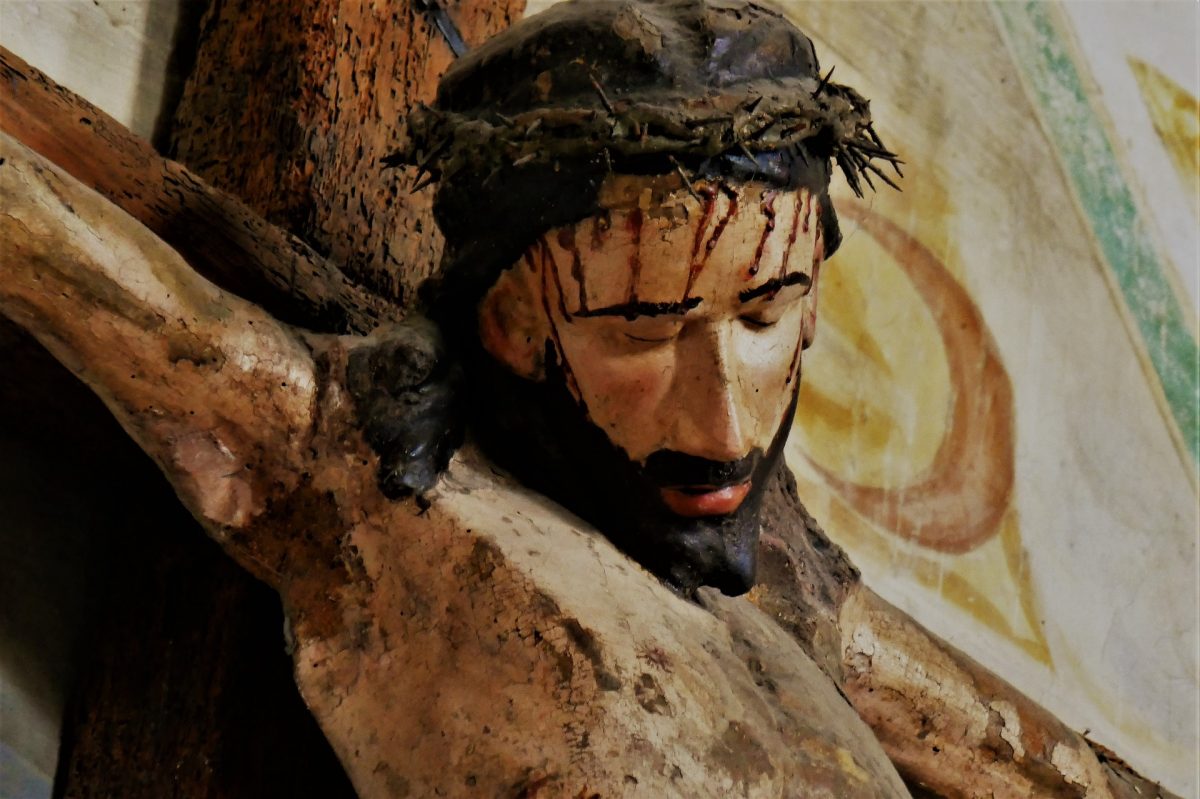Divine positive law and natural law offer us guideposts that lead us to our eternal destination. We need, however, more specific guidelines that facilitate the fulfillment of the moral law.


Divine positive law and natural law offer us guideposts that lead us to our eternal destination. We need, however, more specific guidelines that facilitate the fulfillment of the moral law.

Another reason why it is called “Natural Law” is that it can be known by the natural light of reason (without the aid of faith). St Paul says that even the Gentiles have this law “written on their hearts” (Romans 2:15).

Very often we rely more on maps or signposts than on our own sense of direction, of whose unworthiness we have plenty of experience. When we follow the signposts we don’t have any sense of being imposed upon; rather do we welcome them as a great help, a fresh piece of information which we immediately proceed to make our own.

Two major forces act on a bridge at any given time: compression and tension. In this Sunday’s Gospel (Lk 8:1-11), various forces are at work in the person of Jesus. The Scribes and Pharisees brought a woman who had been caught in adultery to Jesus, a crime punishable with stoning according to the Law of Moses. How would He judge her?